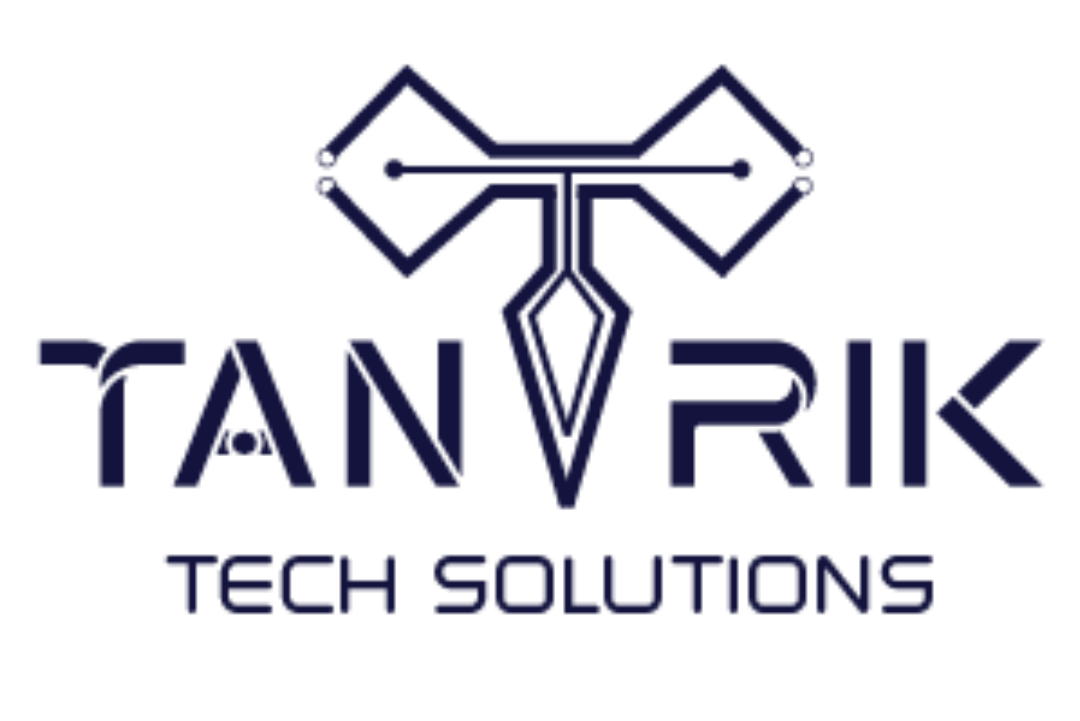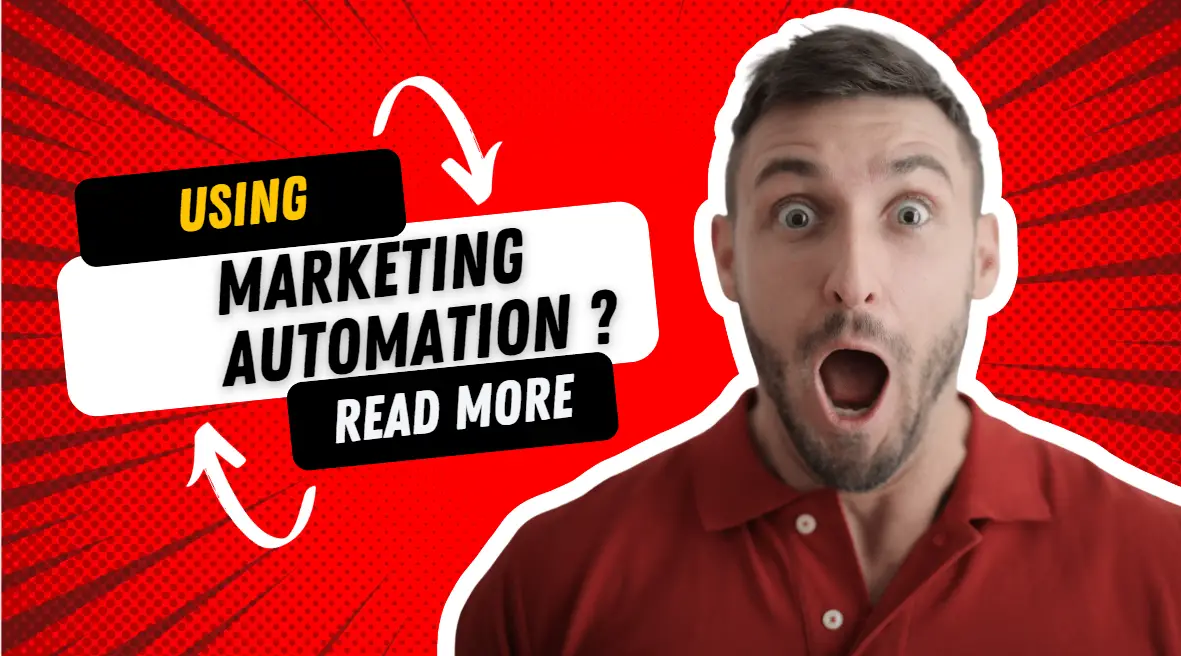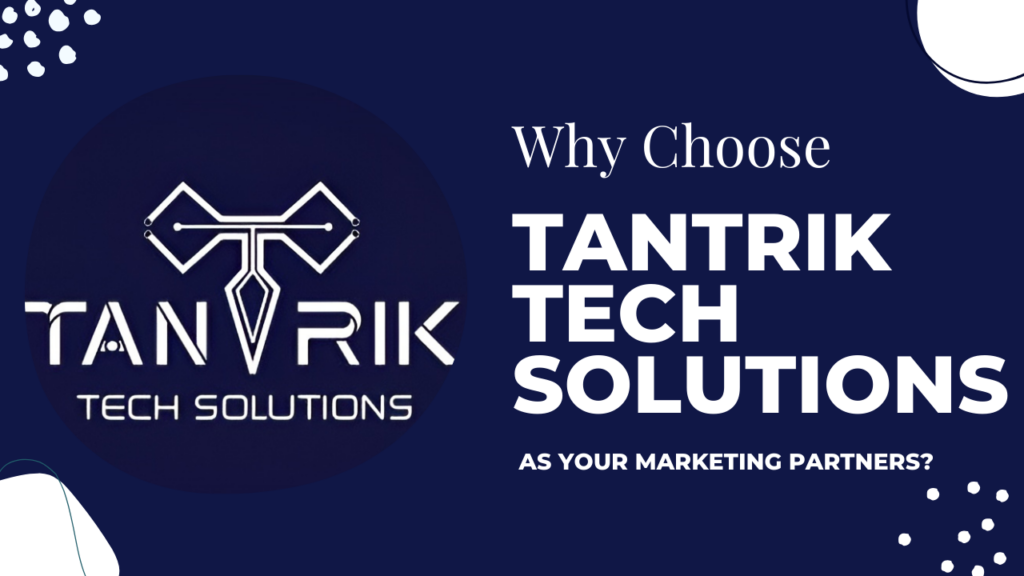Introduction to Marketing Automation and Customer Engagement
In today’s digital world, customers expect personalized experiences, and businesses that fail to deliver often struggle to maintain engagement. This is where marketing automation becomes a powerful tool. Marketing automation allows companies to tailor their customer interactions through data-driven strategies, ensuring each engagement is relevant, timely, and personalized. By automating repetitive tasks and using real-time data, businesses can stay connected with their audience, nurture leads, and boost overall customer engagement.
In this article, we will explore how marketing automation can be effectively used to tailor interactions with customers, increase engagement, and improve brand loyalty.
Importance of Tailored Customer Interactions
Personalization is no longer just a “nice-to-have”—it is expected. Consumers today are inundated with marketing messages across multiple channels, so delivering generic content is unlikely to catch their attention. Personalizing customer interactions ensures that your communication is relevant, thus improving engagement and fostering stronger relationships.
According to studies, businesses that offer tailored experiences see significant improvements in customer satisfaction, loyalty, and conversions. Personalization can range from using a customer’s first name in an email to creating custom recommendations based on their past behavior.
As consumer expectations shift, businesses must adopt automation tools that can help them deliver these personalized experiences consistently and efficiently.
How Marketing Automation Personalizes Customer Journeys
A customer journey encompasses every interaction a potential buyer has with your brand, from initial awareness to post-purchase follow-ups. Marketing automation allows businesses to map out these journeys and create personalized touchpoints along the way.
By collecting and analyzing customer data, automation platforms can deliver relevant content at the right stage of the journey. For instance, a customer browsing a product on your website can receive an automated email showcasing similar products or a discount to encourage purchase. This type of personalization not only boosts engagement but also significantly improves conversion rates.
With automation, each customer receives a tailored experience that matches their preferences and behaviors, making interactions more meaningful and effective.
Using Automation for Segmentation and Targeting
Customer segmentation is crucial for delivering tailored content. Marketing automation platforms allow businesses to segment their audience based on various criteria such as demographics, purchase history, browsing behavior, and more. These segments can then be targeted with personalized messages, ensuring the right content reaches the right people.
For example, an online retailer might segment their audience into new customers, returning customers, and high-spending VIPs. Each of these segments can receive customized marketing messages relevant to their specific needs and behaviors. Marketing automation tools make this process seamless, allowing businesses to send personalized messages to thousands of customers without manual effort.
Email Personalization with Marketing Automation
Email marketing is one of the most powerful tools for engaging with customers, and when combined with automation, it becomes even more effective. Personalized emails, powered by automation, can significantly increase open rates, click-through rates, and conversions.
Automation allows you to send dynamic content based on customer preferences and past behavior. For example, an e-commerce brand can use customer browsing history to recommend products in their email campaigns. Furthermore, automated workflows ensure that emails are sent at optimal times based on a customer’s engagement patterns, ensuring maximum impact.
By leveraging automation, businesses can move away from generic email blasts and instead deliver highly personalized, relevant messages to their audience.
Automating Customer Behavior Tracking and Engagement
Marketing automation platforms can track customer behavior in real-time, allowing businesses to engage with their audience based on specific actions. For instance, if a user abandons their shopping cart, an automated follow-up email can be triggered, reminding them to complete the purchase and perhaps offering an incentive like free shipping.
Behavior-triggered automation ensures that customers receive relevant communication based on their actions, increasing the likelihood of re-engagement. Whether it’s browsing certain products, interacting with content, or leaving feedback, automation makes it easy to tailor responses to individual behaviors.
This approach helps brands stay connected with their customers at key moments, keeping them engaged without overwhelming them with unnecessary messages.
Social Media and Content Personalization with Automation
Social media plays a vital role in customer engagement, and automation tools can help businesses personalize content across social platforms. Scheduling posts, monitoring interactions, and tailoring responses to user comments can all be automated, allowing businesses to maintain a strong presence without manually managing each post.
For instance, automation can help businesses segment their social media audience based on demographics or interests and deliver personalized ads or content accordingly. Tools like Hootsuite or Buffer allow for automated posting at times when engagement is typically higher, ensuring that your content reaches the right audience when they’re most active.
Additionally, automation helps deliver tailored content through content recommendation engines. For example, websites can automatically suggest relevant blog posts or products based on a visitor’s browsing history, enhancing the overall customer experience.
Nurturing Leads with Tailored Content
Lead nurturing is a key aspect of any successful marketing strategy, and marketing automation makes it possible to guide prospects through the customer journey with minimal manual effort. Automated workflows allow businesses to send tailored content to leads based on where they are in the sales funnel.
For example, a prospect who downloads a whitepaper might receive a series of follow-up emails, each containing content designed to address their pain points and move them closer to a purchase decision. As leads engage with this content, their actions can trigger further automated responses, ensuring they receive the right information at the right time.
Through this process, businesses can build strong relationships with potential customers, increase trust, and boost the likelihood of conversion.
Automating Multi-Channel Customer Engagement
A major benefit of marketing automation is the ability to engage with customers across multiple channels seamlessly. Whether it’s email, SMS, social media, or even direct mail, automation tools allow businesses to ensure consistent and personalized communication across all touchpoints.
For instance, a customer might engage with your brand via email, but later see personalized ads on social media, followed by a text message with a special offer. By automating these interactions, businesses can create an omnichannel experience that keeps customers engaged and increases the chances of conversion.
Multi-channel automation not only improves engagement but also enhances brand consistency, as customers receive a unified message no matter where they interact with your brand.
Personalizing Customer Support Through Automation
Personalized customer service can be a differentiator for brands, and automation can enhance support by delivering instant responses. Chatbots, powered by automation and AI, can handle customer inquiries 24/7, offering personalized responses based on previous interactions and customer data.
For instance, if a customer reaches out for support regarding a product they’ve purchased, an automated system can provide immediate assistance, track their order, or offer solutions without needing a live agent. This not only improves customer satisfaction but also frees up time for support teams to handle more complex issues.
By automating parts of the customer service process, businesses can ensure a more personalized and efficient support experience.
Enhancing Retention with Automated Customer Follow-ups
Customer retention is just as important as customer acquisition, and marketing automation can play a significant role in keeping customers engaged post-purchase. Automated follow-up emails, product recommendations, or loyalty program updates can help keep your brand top of mind and encourage repeat business.
For example, after a customer makes a purchase, an automated workflow can be triggered to send a thank-you email, followed by a request for a review or feedback, and later a personalized offer to encourage a repeat purchase. This kind of ongoing engagement helps nurture long-term relationships with customers, improving retention and customer lifetime value.
Increasing Sales with Tailored Recommendations
Marketing automation tools can track customer behavior and purchasing history, enabling businesses to deliver personalized product recommendations. For example, Amazon uses automation to suggest products based on browsing and purchase history, leading to increased upsells and cross-sells.
By leveraging customer data, businesses can automatically recommend relevant products, offer bundles, or suggest upgrades at the perfect moment. These personalized suggestions are far more likely to convert than generic recommendations, resulting in increased sales and revenue.
Creating Personalized Customer Surveys and Feedback Loops
Understanding your customers’ needs is critical to improving your products and services, and marketing automation can help gather this valuable feedback. Automated systems can send personalized surveys to customers after key interactions, such as a purchase or a service request.
This feedback can then be used to further tailor customer interactions, improving overall engagement. Automated feedback loops also ensure that customer concerns are addressed quickly, further enhancing satisfaction and loyalty.
Integrating AI with Marketing Automation for Personalization
Artificial Intelligence (AI) takes marketing automation to the next level by enhancing personalization through predictive analytics. AI-driven automation tools can analyze large amounts of customer data to predict future behavior, allowing businesses to engage customers with even more precision.
For example, AI can determine which customers are most likely to churn and trigger automated campaigns designed to retain them. Machine learning algorithms continuously optimize these interactions, improving engagement over time.
Measuring the Impact of Personalization and Automation on Engagement
To ensure your efforts are successful, it’s essential to track the performance of your automated campaigns. Marketing automation platforms provide detailed analytics on customer interactions, allowing businesses to measure engagement metrics such as open rates, click-through rates, conversion rates, and more.
By analyzing these metrics, businesses can optimize their strategies, making adjustments where necessary to ensure that customers receive the most relevant and personalized experiences possible.




